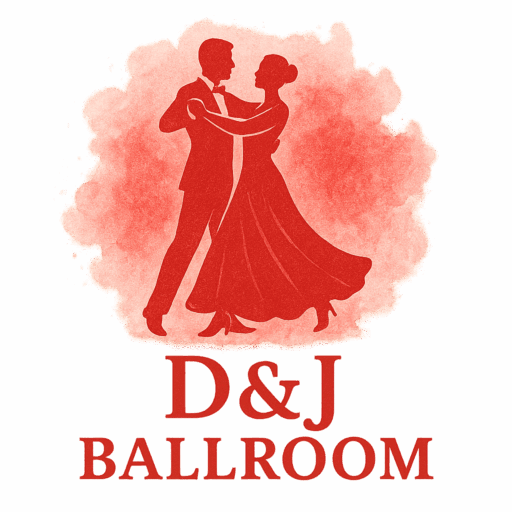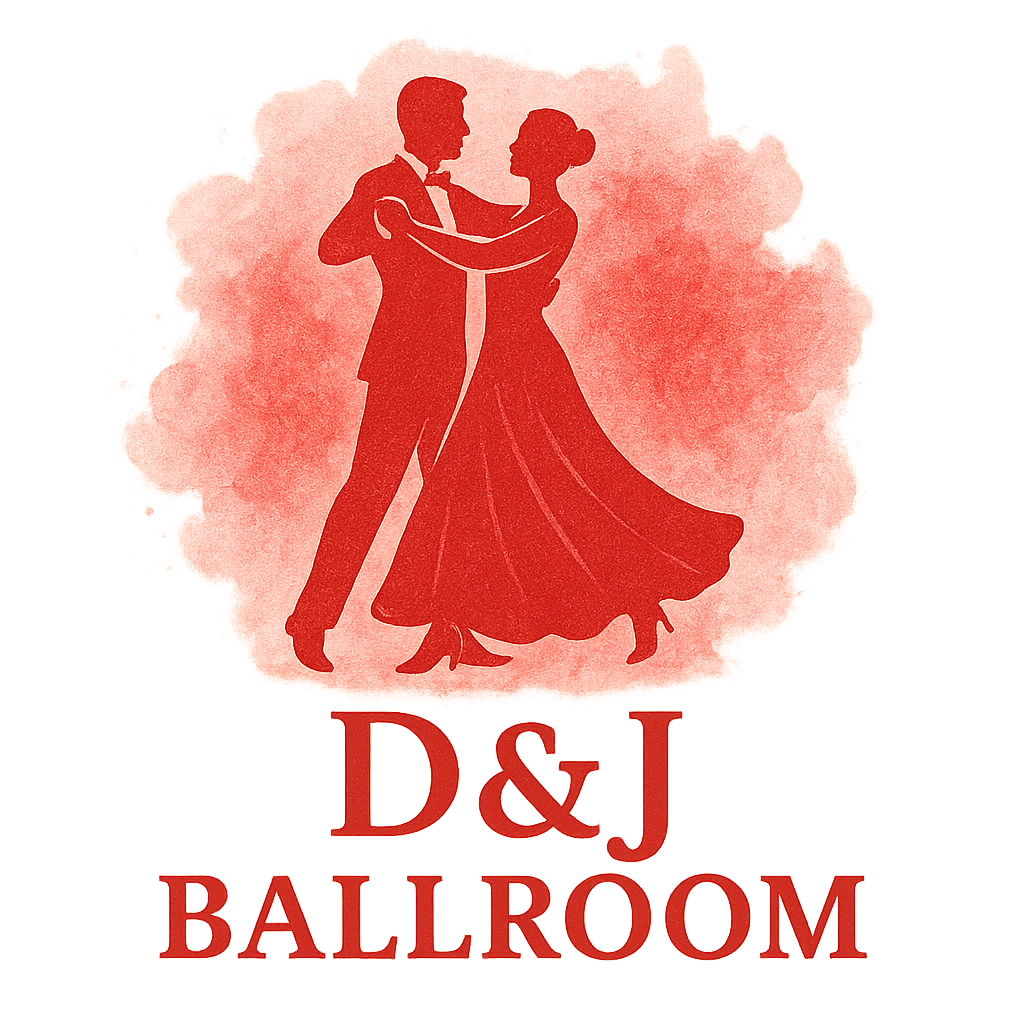Introduction: Why Arm Extensions Matter in Ballroom Dancing
Ever watched a ballroom performance and felt goosebumps just by how dancers move their arms? That’s the magic of arm extensions. They’re not just about making shapes in the air—they define elegance, create drama, and connect movements seamlessly with your partner. Without strong arm technique, even the most perfect footwork can look incomplete.
Today, we’re diving into 8 ballroom technique drills for arm extensions that will take your dancing from “good” to “captivating.” Whether you’re practicing for fun, preparing for a showcase, or gearing up for a competition, these drills will help you refine your style and add depth to your performance.
Understanding the Role of Arm Extensions in Ballroom Technique
Expressiveness and Storytelling Through Arms
Arms are like the punctuation in a sentence—they emphasize emotion, mood, and rhythm. A simple extension can portray romance in a waltz, fire in a tango, or lightness in a foxtrot.
Balance, Posture, and Frame
Arm extensions aren’t just decoration. They help maintain balance, establish posture, and build the signature ballroom “frame.” Without controlled arms, your balance can wobble, and your overall form collapses.

Arm Extensions and Partner Connection
A solid frame allows energy to transfer between partners smoothly. Arms act like bridges, creating both connection and communication. That’s why consistent drills are vital.
Preparing Your Body for Arm Extension Drills
Warm-up and Mobility
Start with gentle shoulder rolls, dynamic stretches, and upper back warm-ups. Cold muscles limit movement, making arms appear stiff.
Strength and Flexibility
Your shoulders, triceps, and back muscles need strength, while your joints need mobility. Think of arms like wings—they can only soar if they’re both strong and flexible.
Breathing and Core Engagement
Breathing deeply while engaging the core stabilizes your torso, preventing floppy or disconnected extensions.
Drill 1: Mirror Wall Arm Lines
Focus on Posture and Symmetry
This drill helps dancers align both arms symmetrically while holding correct posture.
How to Do It
- Stand facing a mirror.
- Slowly raise arms into second position.
- Extend them outward, maintaining relaxed shoulders.
- Check symmetry in the reflection.
Common Mistakes to Avoid
- Lifting shoulders toward the ears.
- Overstretching elbows, which creates a robotic look.
Drill 2: Resistance Band Extensions
Building Strength and Control
Using resistance builds arm stamina and keeps extensions fluid instead of shaky.
How to Do It
- Attach a resistance band to a stable anchor.
- Hold the band and extend your arm outward in smooth motions.
- Repeat in various directions (side, diagonal, overhead).
Benefits for Frame Stability
This drill strengthens back and shoulder muscles, which directly support ballroom frame consistency.
Drill 3: Slow Motion Waltz Arm Sweep
Enhancing Grace and Flow
The waltz is known for its elegance. Practicing arm sweeps in slow motion improves fluidity.
Step-by-Step Practice
- Play slow waltz music.
- Extend arms with the same rise and fall as your steps.
- Imagine painting air with your fingertips.
Applying to Waltz Performance
Your arms should look effortless, gliding like waves on water.
Drill 4: Tango Snap Extensions
Sharpness and Precision
Tango demands intensity. Snap extensions give arms a bold and commanding presence.
Drill Instructions
- Stand in tango stance.
- Extend one arm sharply outward, pausing at the finish.
- Alternate arms with clear accents in timing.
Integrating Into Tango Styling
This sharpness matches tango’s passionate, staccato rhythm.
Drill 5: Overhead Extension Hold
Building Endurance
This drill develops stamina for long sequences where arms remain lifted.
Technique Breakdown
- Raise arms overhead in a soft curve.
- Hold for 30–60 seconds while engaging core.
Alignment Checkpoints
- Keep ribs tucked in.
- Avoid locking elbows.
Drill 6: Partner Frame Connection Exercise
Synchronization with Your Partner
Arms should support—not overpower—your partner.
Practicing Together
- Hold frame position.
- Extend arms as one unit, moving in sync.
Adjusting Energy Levels
Learn to give and take pressure so connection feels alive but not rigid.
Drill 7: Fluid Arm Circle Patterns
Improving Flow and Range of Motion
Circling arms creates flexibility and trains smoother transitions.
Step Guide
- Make large, slow circles with arms.
- Coordinate with breath to release tension.
Artistic Application
Circular arm movements add elegance, especially in rumba or waltz routines.
Drill 8: Expressive Arm Styling Practice
Adding Personality and Theatricality
This drill encourages dancers to explore unique arm styling.
How to Explore Styling
- Put on expressive music.
- Freestyle arm movements that match the emotion.
Tips for Competition and Performance
Judges love individuality—don’t just copy textbook lines, add your own flair.
Common Mistakes with Arm Extensions in Ballroom Dancing
Overextending the Elbows
This creates a stiff, almost “robotic” appearance.
Stiffness in the Shoulders
When tension builds, it ruins the flow.
Forgetting Core Engagement
Loose core = sloppy arms. Your body should move as one connected system.
Pro Tips for Perfecting Arm Extensions
Practice with Video Feedback
Recording yourself helps spot alignment issues you can’t feel.
Incorporate Music Emotion
Match extensions to the music’s story. A romantic ballad requires softness, while tango requires drama.
Blend with Footwork Timing
Don’t treat arms as separate—they should rise, fall, and accentuate footwork naturally.
Internal Resources to Deepen Your Ballroom Knowledge
Want to go beyond drills? Explore these resources:
- Ballroom History and Culture
- Ballroom Dance Styles
- Ballroom Techniques and Training
- Ballroom Attire and Fashion
- Ballroom Competitions and Events
Conclusion
Arm extensions are the invisible thread that weaves your ballroom performance into art. With these 8 ballroom technique drills for arm extensions, you’ll gain strength, elegance, and expressiveness that elevate your dancing. Remember, arms aren’t accessories—they’re storytellers. Train them consistently, and they’ll transform your dance journey.
FAQs
Q1: How often should I practice ballroom arm extension drills?
At least 3–4 times a week for 15–20 minutes ensures steady progress.
Q2: Can beginners benefit from these drills?
Absolutely! These drills are designed for all levels, from beginners to competitors.
Q3: Should I use weights for arm extension practice?
Light resistance bands are better than heavy weights since ballroom arms need control, not bulk.
Q4: How do I make arm extensions look natural?
Focus on breath, core engagement, and aligning movements with music instead of forcing shapes.
Q5: Which dance style benefits most from strong arm extensions?
All ballroom styles benefit, but waltz and tango rely heavily on expressive arms.
Q6: Can I practice these drills without a partner?
Yes! Most drills are solo-friendly, and later you can integrate them with a partner.
Q7: What’s the quickest way to improve my ballroom arm styling?
Film yourself, compare with professional dancers, and refine movements daily.


